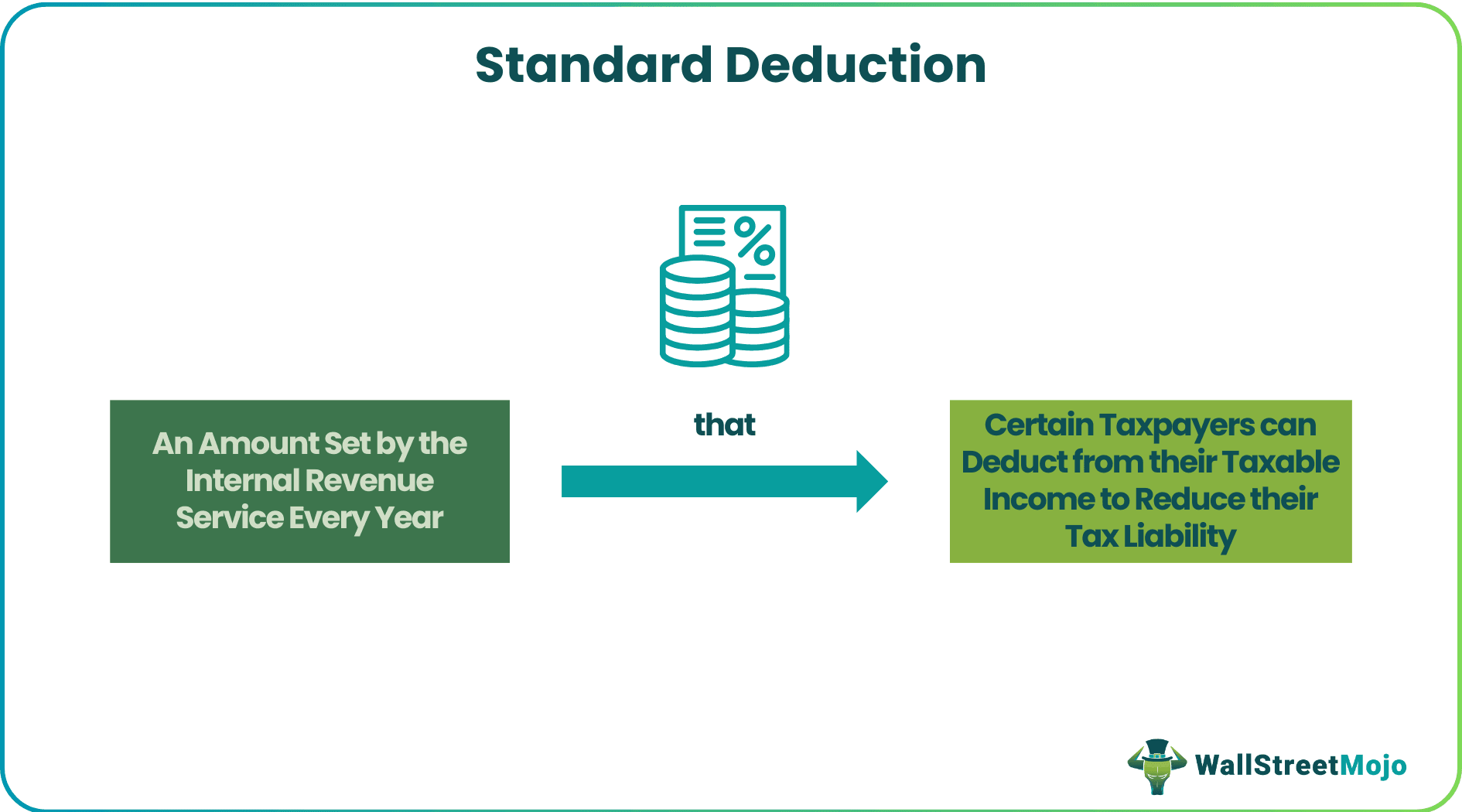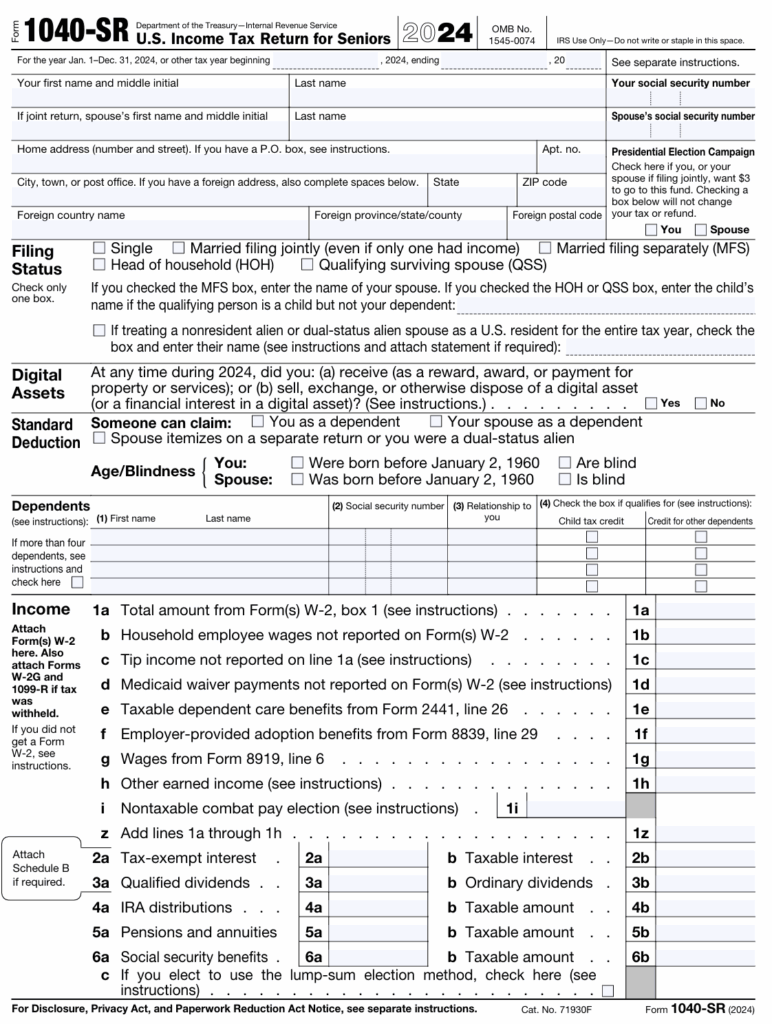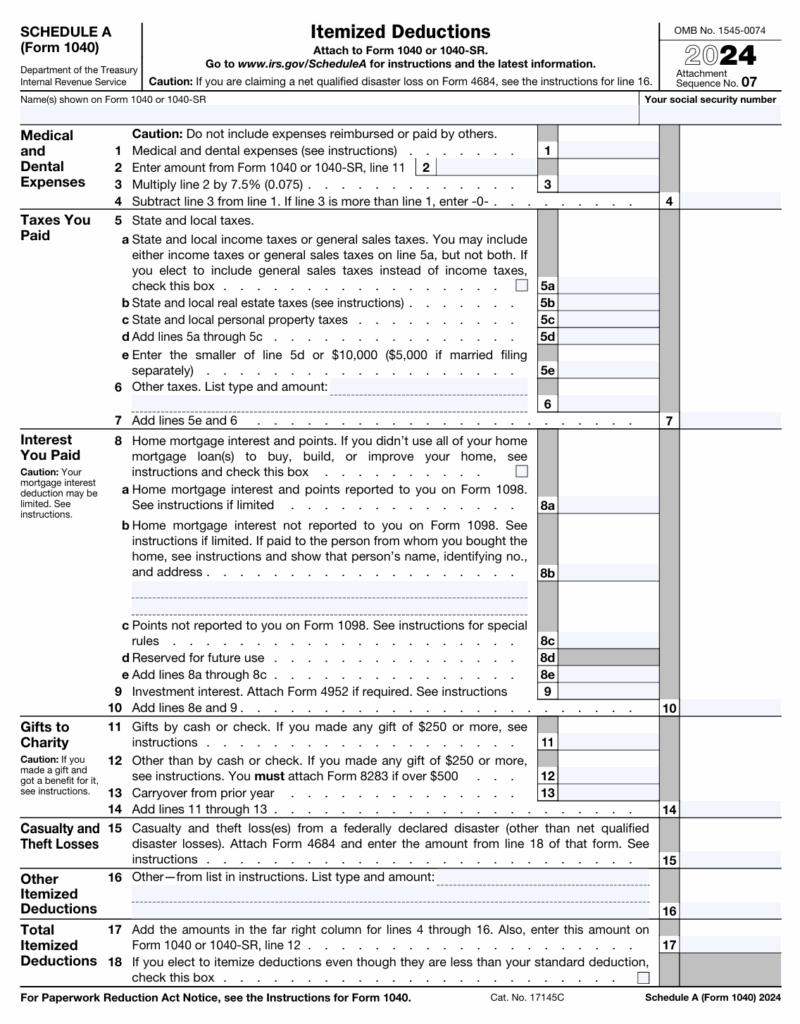The FEIE Standard Deduction checklist: what to review before filing
Wiki Article
Everything about the Foreign Earned Earnings Exclusion: Maximizing Your Standard Reduction Perks
The Foreign Earned Revenue Exemption (FEIE) offers a beneficial opportunity for U.S. citizens living abroad to reduce their tax obligation responsibilities. Recognizing the eligibility standards is vital for those looking for to gain from this exclusion. Moreover, declaring the basic reduction can improve general tax advantages. Nevertheless, managing this procedure involves careful attention to information and an understanding of usual pitfalls. Exploring these aspects can give clarity and make best use of possible tax benefits.Understanding the Foreign Earned Earnings Exclusion (FEIE)
The Foreign Earned Earnings Exclusion (FEIE) permits united state people and resident aliens functioning abroad to omit a part of their international revenues from federal income tax obligation. This arrangement acts as a financial relief mechanism, making it possible for migrants to maintain a larger share of their income earned in foreign nations. By lowering gross income, the FEIE aids reduce the burden of double tax, as people might additionally be subject to tax obligations in their host countries. The exemption applies only to earned income, that includes wages, salaries, and specialist costs, while passive earnings and investment gains do not certify. To take advantage of the FEIE, individuals must file particular forms with the internal revenue service, detailing their international incomes and residency - FEIE Standard Deduction. Understanding the subtleties of the FEIE can significantly impact financial planning for united state residents living overseas, making it essential for expatriates to stay educated concerning this useful tax stipulationQualification Standards for the FEIE
To get the Foreign Earned Revenue Exemption (FEIE), individuals should satisfy certain qualification requirements. This includes rewarding residency requirements, passing the physical existence examination, and developing a tax home in an international nation. Each of these factors plays a vital function in figuring out whether one can gain from the exclusion.Residency Requirements
Satisfying the residency demands is necessary for people seeking to receive the Foreign Earned Income Exclusion (FEIE) To be eligible, taxpayers must develop an authentic house in a foreign country or nations for a continuous duration that generally covers a whole tax year. This demand stresses the need of a much deeper link to the foreign area, moving past plain physical existence. People should demonstrate their intent to live in the international country and have actually established their living circumstance there. Variables such as the length of keep, kind of real estate, and neighborhood neighborhood participation are considered in figuring out residency. Satisfying these standards is vital, as failure to do so might disqualify one from taking advantage of the FEIE.Physical Presence Examination
Developing eligibility for the Foreign Earned Earnings Exemption (FEIE) can also be achieved via the Physical Existence Examination, which requires people to be physically existing in a foreign nation for at the very least 330 full days during a successive 12-month period. This test is valuable for those that may not satisfy the residency requirement however still reside abroad. The 330 days have to be complete days, meaning that any day spent in the USA does not count towards this overall. It is necessary for individuals to preserve exact records of their traveling days and places to support their cases. Efficiently passing this test can considerably minimize taxable earnings and enhance financial results for expatriates.Tax Home Area
Tax home place plays an important role in figuring out eligibility for the Foreign Earned Earnings Exemption (FEIE) To certify, an individual need to develop a tax obligation home in a foreign nation, which means their primary business is outside the United States. This stands out from a simple residence; the private have to conduct their work in the foreign nation while maintaining a substantial link to it. The IRS needs that the taxpayer can show the intent to remain in the foreign area for a prolonged duration. In addition, maintaining a home in the united state can make complex qualification, as it might suggest that the individual's real tax obligation home is still in the United States. Recognizing this standard is crucial for optimizing FEIE advantages.Exactly how to Assert the FEIE on Your Income Tax Return
Claiming the Foreign Earned Income Exemption (FEIE) on a tax return requires mindful focus to detail and adherence to specific IRS guidelines. Taxpayers should initially confirm eligibility by meeting either the authentic home test or the physical existence examination. As soon as eligibility is verified, they must complete IRS Form 2555, which information foreign made earnings and relevant information regarding their tax obligation home.It is necessary to report all foreign earnings accurately and keep ideal paperwork to support cases. Taxpayers need to likewise know the maximum exemption limitation, which goes through annual changes by the IRS. Declaring Form 2555 together with the annual income tax return enables taxpayers to leave out a section of their foreign profits from U.S. taxes. It is recommended to consult a tax specialist or IRS sources for updated info and guidance on the FEIE procedure, guaranteeing compliance and maximization of possible benefits.

The Criterion Deduction: What You Need to Know
Exactly how does the typical reduction influence taxpayers' general financial circumstance? The basic deduction functions as a significant tax benefit, decreasing taxable earnings and possibly decreasing tax obligation obligations. For the tax obligation year 2023, the standard deduction is evaluated $13,850 for single filers and $27,700 for couples filing collectively. This reduction simplifies the filing procedure, as taxpayers can select it as opposed to making a list of reductions, which requires detailed record-keeping.
Taxpayers gaining foreign revenue might still declare the conventional deduction, see page gaining from lowered taxed revenue also while making use of the Foreign Earned Income Exclusion (FEIE) It is essential to note that the standard deduction can not be incorporated with itemized deductions for the same tax year - FEIE Standard Deduction. Consequently, recognizing the basic deduction allows taxpayers to make informed choices concerning their tax approaches, taking full advantage of offered benefits while ensuring compliance with IRS regulations
Methods for Maximizing Your Reductions
Optimizing deductions under the Foreign Earned Revenue Exclusion needs a clear understanding of gained income limitations and the benefits of claiming housing exclusions. Additionally, using Kind 2555 properly can boost the possibility for substantial tax obligation savings. These methods can significantly affect the general tax obligation responsibility for expatriates.Understand Gained Income Restrictions
While lots of expatriates seek to minimize their tax obligation problem, understanding the earned earnings limits is important for successfully leveraging the Foreign Earned Revenue Exemption. The Irs (INTERNAL REVENUE SERVICE) establishes certain limits that determine the maximum amount of foreign gained earnings eligible for exclusion. For the tax obligation year 2023, learn the facts here now this restriction is $120,000 per certified individual. Exceeding this limit might cause taxes on the earnings over the limitation, diminishing the advantages of the exemption. To take full advantage of reductions, expatriates must maintain precise documents of their international earned income and evaluate their eligibility for the exemption annually. Strategic preparing around these limits can greatly boost tax obligation cost savings, allowing expatriates to enhance their financial scenario while living abroad.Asserting Real Estate Exemption Perks
Many migrants overlook the possible benefits of asserting the Housing Exclusion, which can considerably decrease their taxable revenue. This exclusion enables people living abroad to deduct certain housing expenditures from their gross income, making it much easier to meet monetary commitments without incurring significant tax obligations. To optimize this benefit, expatriates must confirm they certify based upon their residence and work conditions. In addition, understanding qualified expenses-- such as rent, energies, and upkeep-- can boost the overall deduction. Keeping detailed records of these prices is crucial for corroborating insurance claims. By tactically steering through the Housing Exclusion, expatriates can especially lower their tax worry and retain even more of their profits while living overseas, eventually improving their economic health.Make Use Of Form 2555 Effectively
Using Type 2555 properly can significantly improve the financial advantages offered to expatriates, particularly after capitalizing on the Housing Exemption. This kind permits individuals to declare the Foreign Earned Income Exemption, which can substantially lower gross income. To make the most of deductions, expatriates ought to verify they fulfill the credentials, consisting of the physical presence test or the bona fide residence examination. It is vital to properly report all international made earnings and to keep comprehensive records of eligibility. In addition, making use of the Real estate Exclusion in tandem with Type 2555 can better lower general tax obligation obligation. By comprehending the intricacies of these kinds, expatriates can maximize their tax obligation situation and keep even more of their hard-earned earnings while living abroad.Common Mistakes to Stay Clear Of When Filing Your Taxes Abroad

Often Asked Concerns
Can I Declare Both FEIE and the Foreign Tax Credit?
Yes, a person can claim both the Foreign Earned Income Exclusion (FEIE) and the Foreign Tax Credit Scores (FTC) Nevertheless, they have to guarantee that the same revenue is not utilized for both advantages to stay clear of dual advantages.What Takes place if I Exceed the FEIE Revenue Limitation?
Going Beyond the Foreign Earned Revenue Exclusion (FEIE) income limit causes the ineligibility for the exclusion on the excess quantity. This can result in taxable earnings in the United States, requiring proper tax obligation filings.Are There Any Kind Of State Tax Ramifications for FEIE?
State tax ramifications for the Foreign Earned Earnings Exclusion (FEIE) vary by state. Some states may exhaust international income while others adhere to federal exemptions, making it essential for people to get in touch with state-specific tax obligation policies for clarity.
Exactly How Does FEIE Influence My Social Safety And Security Benefits?
The Foreign Earned Income Exemption (FEIE) does not straight impact Social Safety and security advantages. Nonetheless, earnings excluded under FEIE might impact the computation of average indexed month-to-month revenues, potentially influencing future benefits.Can I Withdraw My FEIE Political Election After Declaring It?
Yes, an individual can revoke their Foreign Earned Revenue Exclusion (FEIE) political election after claiming it. This cancellation needs to be carried out in composing and submitted to the IRS, adhering to certain standards and deadlines.Comprehending the Foreign Earned Earnings Exclusion (FEIE)
The Foreign Earned Income Exclusion EarningsFEIE) allows U.S. enables and resident aliens working abroad to exclude a portion of their foreign earnings from profits income taxRevenue Taxpayers earning international earnings might still declare the typical reduction, benefiting from lowered taxed income also while using the Foreign Earned Revenue Exemption (FEIE) Taking full advantage of deductions under the Foreign Earned Earnings Exemption calls for a clear understanding of made earnings restrictions and the benefits of asserting real estate exclusions. While several expatriates look for to reduce their tax obligation worry, understanding the earned earnings limitations is vital for efficiently leveraging the Foreign Earned Income Exclusion. Surpassing the Foreign Earned Earnings Exclusion (FEIE) earnings restriction results in the ineligibility for the exemption on the excess amount.
Report this wiki page